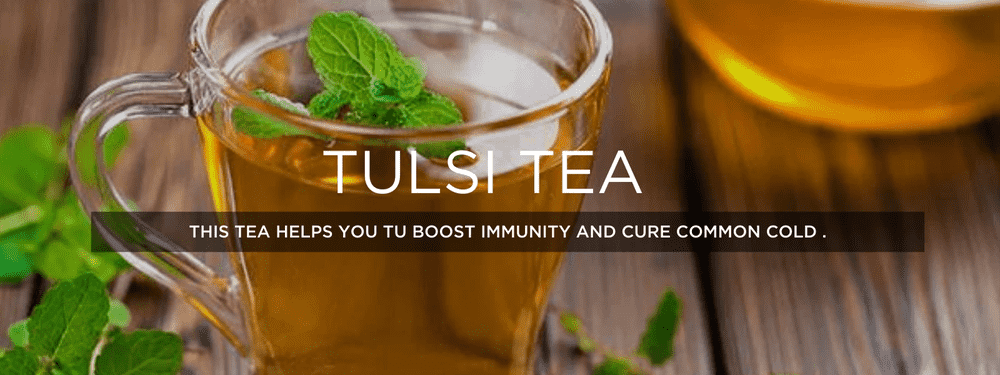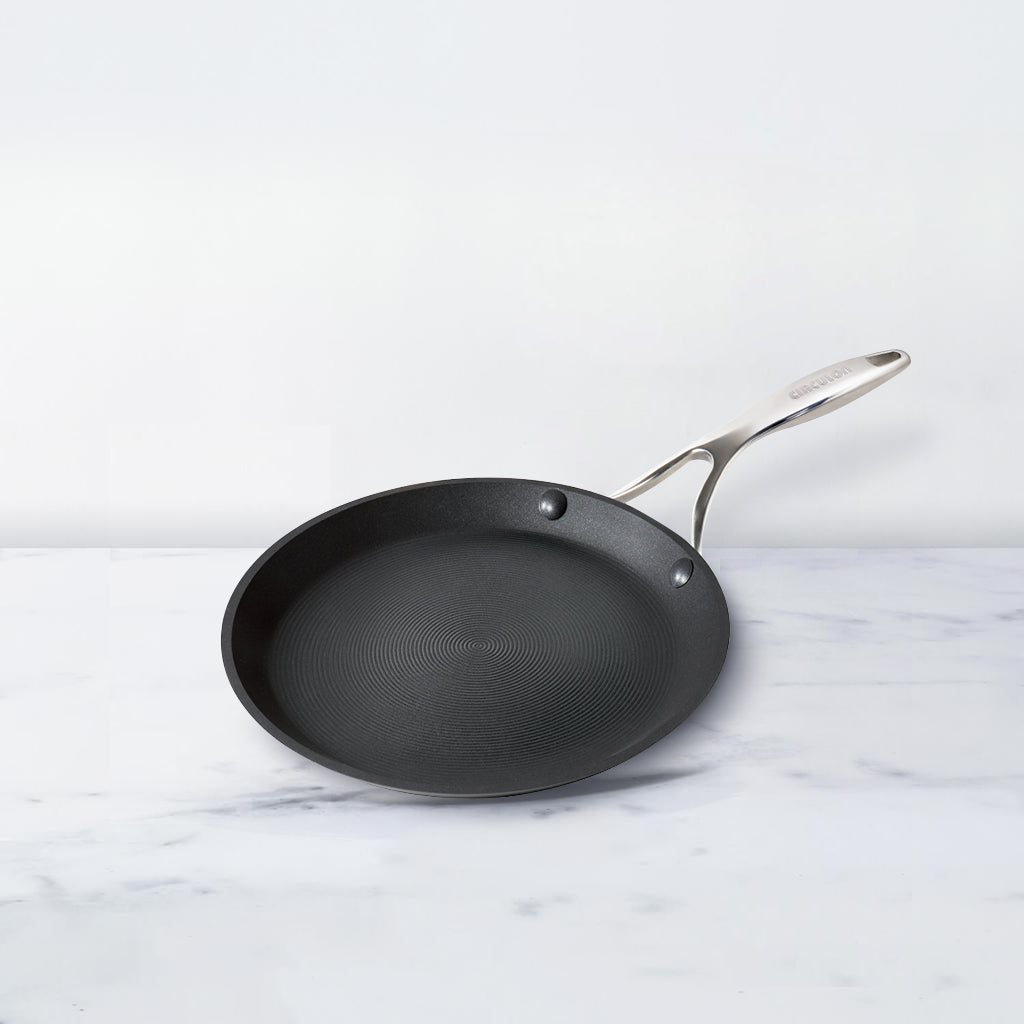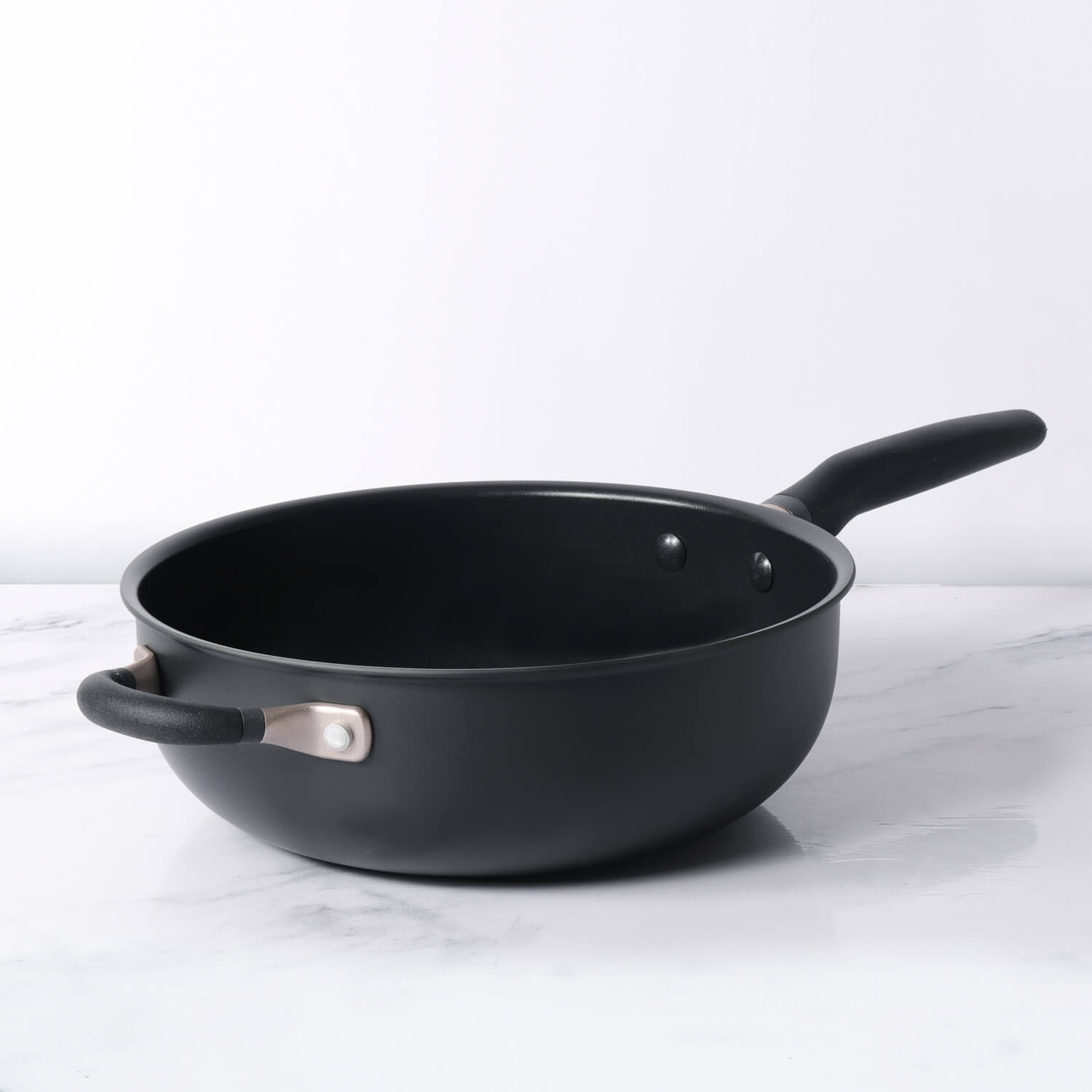If you want to drink something good for you, parsley tea might be a good choice. The leaves of the parsley plant are used to make this herbal tea, which has been used for hundreds of years as a natural remedy for a variety of health problems.
Table of Contents
Parsley tea is high in antioxidants, helps control blood sugar, boosts your immune system, acts as a natural detoxifier, helps regulate menstruation, is high in folic acid, may prevent cancer, may prevent kidney stones, eases breathing problems, keeps blood pressure and cholesterol at healthy levels, strengthens blood vessels, improves circulation and treats anaemia, and improves the health of your eyes and bones.
Parsley is no longer just used as a decoration. The many vitamins and nutrients in parsley can be used in a unique way by making parsley tea. The leaves and roots of parsley can be used to make this great tea. Parsley tea is easy to make and doesn't cost much money. It's a great addition to any diet.
What is parsley?
Parsley is a plant that can be used to treat health problems. It is a diuretic, an antioxidant, an antibacterial, an anti-diabetic, an immunomodulator, a cytotoxin, and it protects the kidneys. All of these benefits come from flavonoids in parsley called miristicine and apigenin, as well as apiol, alpha-pinene and beta-pinene, vitamin C, and carotenes.
Parsley can be used to treat things like urinary tract infections (UTIs) and kidney stones. Because it makes you pee more, it can also be used to treat high blood pressure.
Leaves, seeds, and roots of parsley can all be used to make natural medicines, vitamins, tea, and spices. It can be bought both fresh and dried out.
Nutritional value of parsley:
Parsley is a great way to get vitamin A, vitamin C, and vitamin K. Also, it has a lot of folate, iron, and calcium.
Vitamin A is important for your eyesight and your immune system, and vitamin C is important for making collagen, healing wounds, and keeping your immune system healthy. Vitamin K is needed for blood to clot and for healthy bones.
Parsley also has small amounts of B vitamins, magnesium, phosphorus, and potassium, as well as other vitamins and minerals.
How to make parsley tea?
Put the parsley leaves in a small mug or teapot. Pour a cup of boiling water over the fresh parsley leaves and stir them quickly. Let the water and parsley steep for at least 5 minutes, or longer if you want a stronger cup of tea. The tea leaves should be strained out and thrown away. Taste the tea, and if you want, add a little lemon juice and honey or something else sweet. The parsley leaves are a little bit bitter, but the honey and lemon can make a strong tea taste better.
Health benefits of parsley tea:
- Have a lot of antioxidants
Parsley tea is full of vitamins A, C, K, and folate, as well as antioxidants. It also has secondary metabolites, such as lutein, zeaxanthin, alpha-carotene, and beta-carotene.
Antioxidants get rid of free radicals that are bad for the body and can cause oxidative stress and damage. These antioxidants help protect the body from diseases like heart disease, diabetes, and cancer that happen over time.
- Helps keep blood sugar in check
In some parts of the world, parsley is used as a natural remedy to help lower blood sugar levels. In one study on animals, eating parsley was linked to a big improvement in liver health and better control of blood sugar.
- Makes the immune system stronger
Vitamins A and C in parsley help boost the immune system and make more leukocytes, which are important for how the immune system works. Parsley also has antibacterial and antifungal properties that help protect against infections caused by bacteria and fungi.
- Has a lot of vitamin C
Vitamin C in parsley helps the body make collagen, which is important for keeping bones, muscles, skin, hair, and tendons strong. Vitamin C is also important for healing wounds and getting nutrients into the body.
- Has properties that help fight cancer
There are a number of flavonoids and other chemoprotective compounds in parsley tea. These compounds can neutralise carcinogens and keep healthy cells from becoming damaged or dying.
One of the volatile compounds in parsley oil is myristicin, which is released in small amounts when parsley oil is brewed. This compound is directly linked to preventing tumours from forming, especially in the lungs, where cancer is common.
- Helps control the cycle of menstruation
Menstrual cycles that don't happen on time are often caused by an imbalance in hormones. Myristicin and apiole, which are found in parsley, help boost oestrogen production. This reduces the effects of menstruation and helps regulate and lessen the severity of monthly periods.
- Keeps kidney stones away
Parsley stops kidney stones from forming by making urine more acidic and by acting as a diuretic, which makes you pee more. Drinking parsley tea can help the body get rid of extra toxins, fats, salts, and water, which makes the kidneys less stressed.
- Folic acid-rich source
Folic acid is found in a lot of parsley. Folic acid is an important B vitamin that is especially important for pregnant women to get because it lowers the risk of a baby's neural tubes not developing right.
- Helps with breathing problems
Beta-carotene, which is in parsley tea, helps lower the risk of asthma and clears the lungs of dust and other debris. Other chemicals in parsley help break up phlegm (mucus) that builds up in the lining of the lungs and throat, which can help clear up congestion.
- Makes the blood flow better
The iron in parsley tea makes the blood healthier by improving circulation and lowering the risk of anaemia.
Folic acid in parsley also helps keep blood vessels healthy by cancelling out the effects of homocysteine, a chemical that can damage blood vessels and hurt heart health.
- It's easy to make and feels good
Parsley tea is a tasty and relaxing drink that's easy to make at home with just a few simple and cheap ingredients.











Leave a comment